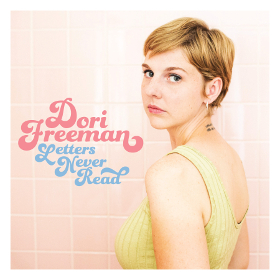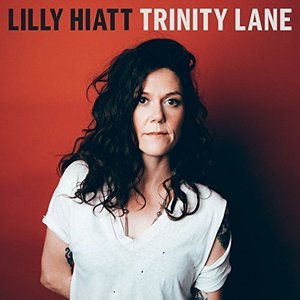The very first opinion piece I ever wrote for Country Exclusive, back in June 2015, was a short comment on Kelsea Ballerini’s #1 song, “Love me Like You Mean It.” This was the first debut single by a solo female to hit #1 on the country airplay charts in nine years, and I called it a double-edged sword because while nine years is a ridiculously long time without this occurring, Kelsea Ballerini’s song was pop and shouldn’t have been the one to break the drought.
Carly Pearce, with her decidedly pop country ballad “Every Little Thing,” has become the next woman to achieve this feat, only the second woman to do so in all the time I’ve been writing. While definitely pop-influenced–you can blame that on Busbee being the producer, because the live version is very country–this song actually has country elements, even featuring a dobro. It did get some early help from On the Verge, but it reached the top of the charts on its own, as well as selling well and resonating with the public.
So let’s learn from this and not let this be Carly’s first and only radio success. We cheered when Kacey Musgraves hit the top ten with “Merry go Round,” and now, only a few years and two albums later, radio won’t play her at all. Cam’s “Burning House” was a huge success, making it to #2, yet she hasn’t found that success with her subsequent singles. Carly Pearce’s #1 with “Every Little Thing” is a great achievement, but can she get radio to play her next singles without assistance from ON the Verge?
Also, in my recent review of her album, I mentioned that pop producers took too much control of this and forsook much of Carly Pearce’s individuality. This ought to be a lesson to Carly and those around her that she doesn’t have to record and release stuff like “Catch Fire” for the public to pay attention. So take a chance. Try releasing the far superior, actually country-infused “If My Name Was Whiskey” or “I Need a Ride Home.” Carly could develop into a very cool artist and perhaps find favor with both mainstream and independent fans, but she’s got to be given a chance and not treated like every other pop singer manufactured and molded for country radio. The success of her debut single proves that the appetite for songs like this is there; this is a ballad slower than molasses, featuring a dobro and talking about heartache. So yeah, pretty much the opposite of everything that’s supposed to work on country radio these days. And yet, somehow, it did. So let this be, as it should be, the beginning for Carly Pearce, and don’t let her fade into the background. And let this also be a stepping stone so that she can perhaps be a gateway for more deserving women, both more traditional and modern, to have their songs see the same success.
Congratulations to Carly Pearce and “Every Little Thing” for breaking through, this #1 is well-deserved.

